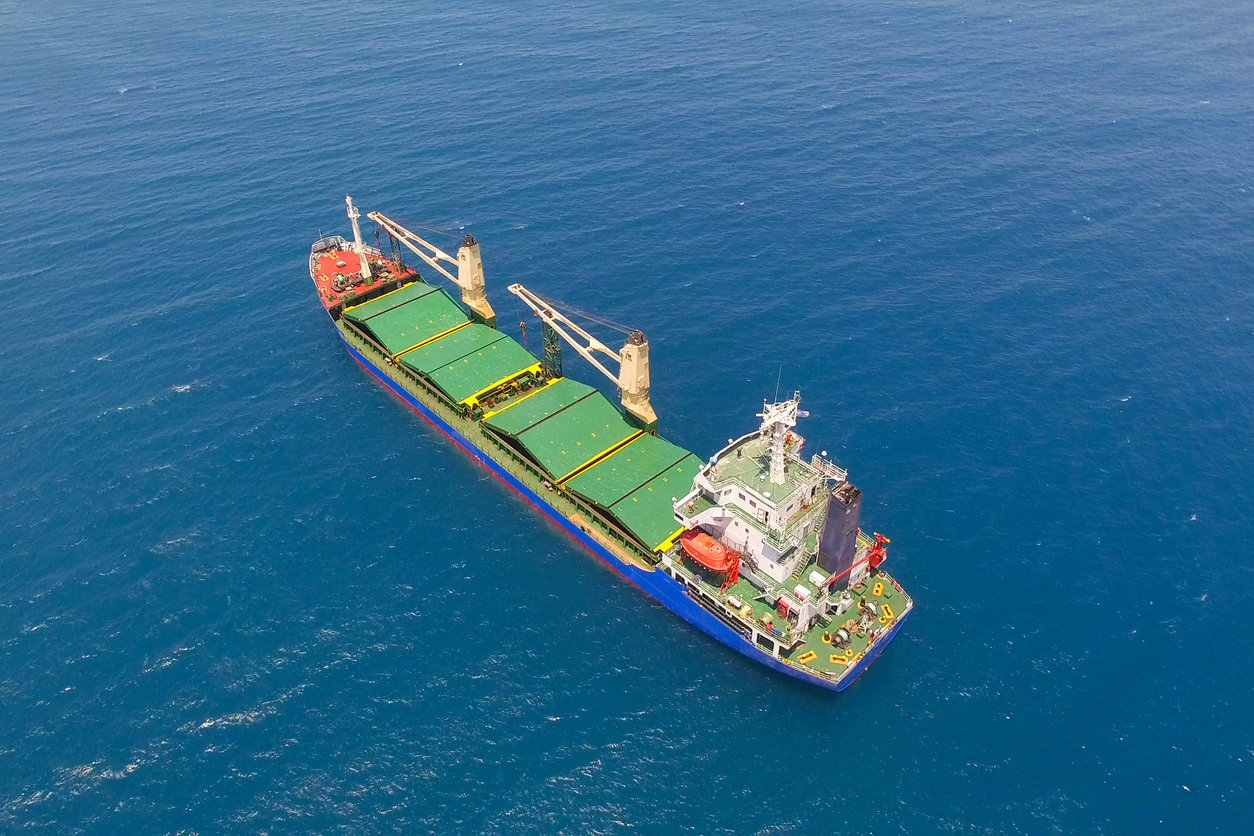Understanding Charterers and Cargo Shipping in Nigeria: Key Insights for Shippers
Nigeria’s robust maritime industry supports its position as a leading hub for cargo shipping in West Africa. Charterers, who rent ships for transporting goods, play a crucial role in ensuring that bulk commodities and other cargo reach their destinations efficiently. This article explores the role of charterers in Nigeria, the types of cargo commonly transported, and the opportunities and challenges in the sector.
Who Are Charterers in the Shipping Industry?
A charterer is an individual or entity that rents a vessel or space on a vessel for transporting goods. Depending on the agreement, charterers may rent:
- Entire Vessels: For bulk or large-volume shipments.
- Partial Spaces: For smaller cargo loads (common in liner services).
Charterers are integral to shipping in Nigeria, facilitating the transport of goods such as oil, agricultural products, and industrial materials.
Types of Cargo Shipped by Charterers in Nigeria
- Crude Oil and Petroleum Products:
- Nigeria is a leading oil exporter, with charterers handling the transportation of crude oil and refined petroleum products to international markets.
- Liquefied Natural Gas (LNG):
- LNG shipments from Nigeria rely on specialized vessels and charter agreements for global export.
- Dry Bulk Commodities:
- Charterers manage the shipping of commodities like cement, grains, fertilizers, and coal.
- Containerized Goods:
- These include electronics, consumer goods, and machinery imported into Nigeria.
- Perishable Goods:
- Agricultural exports such as cocoa, cashew nuts, and fresh produce require timely shipping arrangements.
Types of Charter Agreements Used in Nigeria
- Time Charter:
- The charterer rents the vessel for a specific period, taking responsibility for cargo and operating costs.
- Voyage Charter:
- The vessel is chartered for a single voyage, with the shipowner managing operational expenses.
- Bareboat Charter:
- The charterer rents the vessel without crew, taking full responsibility for its operation and maintenance.
- Contract of Affreightment (COA):
- Suitable for bulk shipments over time, the charterer agrees to transport a specific quantity of cargo over multiple voyages.
Key Ports for Charterers in Nigeria
- Lagos Port Complex (Apapa):
- Handles a significant share of containerized and general cargo.
- Onne Port:
- Focuses on oil and gas cargo, supporting Nigeria’s energy exports.
- Port Harcourt:
- Key for industrial goods and regional trade.
- Warri and Calabar Ports:
- Important for domestic and regional bulk cargo operations.
- Bonny Island:
- Specializes in LNG exports, managed under specialized charter agreements.
Challenges Faced by Charterers in Nigeria
- Port Congestion:
- Delays at key Nigerian ports increase operational costs for charterers.
- Insecurity in Waters:
- Piracy in the Gulf of Guinea raises risks and insurance costs for cargo shipments.
- Regulatory Complexity:
- Navigating customs and shipping regulations in Nigeria can be time-consuming.
- Fluctuating Freight Rates:
- Charterers face uncertainty in freight costs due to global market dynamics.
Opportunities for Charterers in Nigeria
- Growing Trade Volume:
- Nigeria’s expanding economy drives increased demand for cargo transportation services.
- Infrastructure Investments:
- Projects like the Lekki Deep-Sea Port aim to improve cargo handling and reduce congestion.
- Regional Trade Growth:
- The African Continental Free Trade Area (AfCFTA) creates new opportunities for intra-African cargo shipping.
- Specialized Cargo Needs:
- Increasing exports of LNG and agricultural products require tailored charter solutions.
How Wigmore Trading Supports Charterers in Nigeria
Wigmore Trading offers end-to-end logistics and supply chain services to simplify cargo shipping for charterers:
- Efficient Freight Solutions: We streamline the shipping of bulk and containerized cargo.
- Customs Clearance Expertise: Our team navigates complex regulatory processes to reduce delays.
- Port and Vessel Management: We coordinate operations at Nigeria’s major ports for seamless cargo handling.
- Market Insights: Our real-time updates on shipping trends help charterers optimize costs and operations.
By partnering with Wigmore Trading, charterers gain access to reliable logistics solutions tailored to the Nigerian market.
Conclusion
Charterers play a vital role in Nigeria’s maritime industry, ensuring the efficient movement of goods across global and regional trade routes. Despite challenges, opportunities abound for businesses ready to invest in the country’s growing trade network.
Wigmore Trading is committed to supporting charterers with efficient logistics and expert guidance. Contact us today to explore how we can assist with your cargo shipping needs.








Comments are closed.